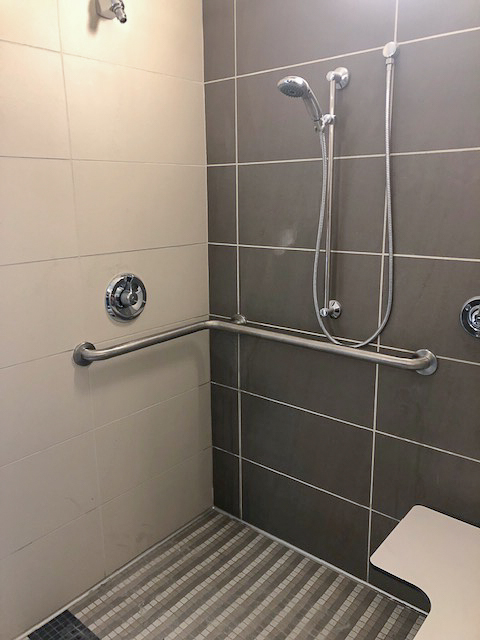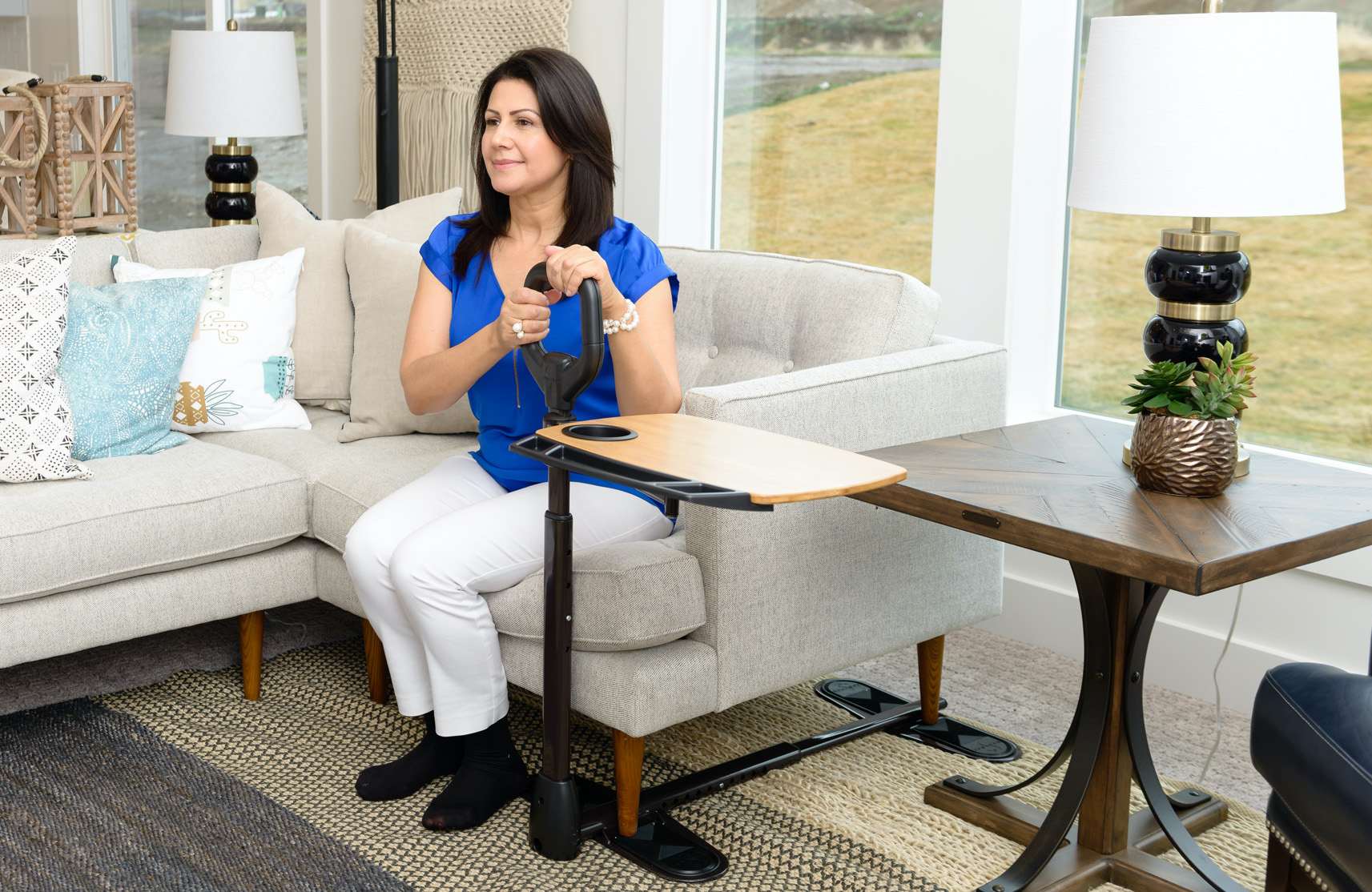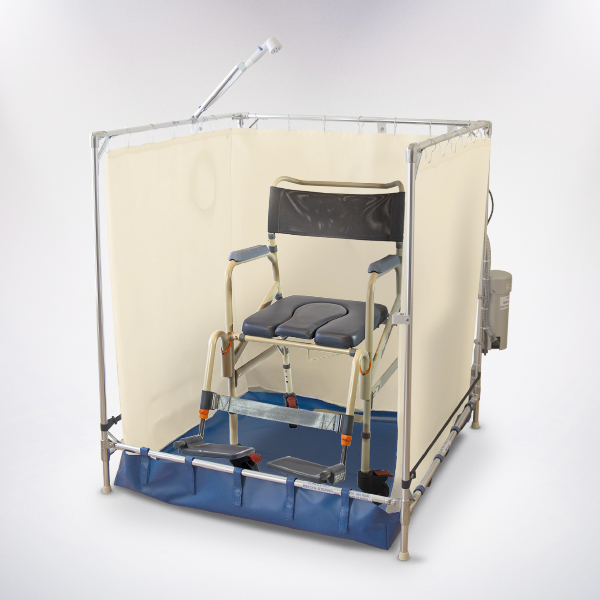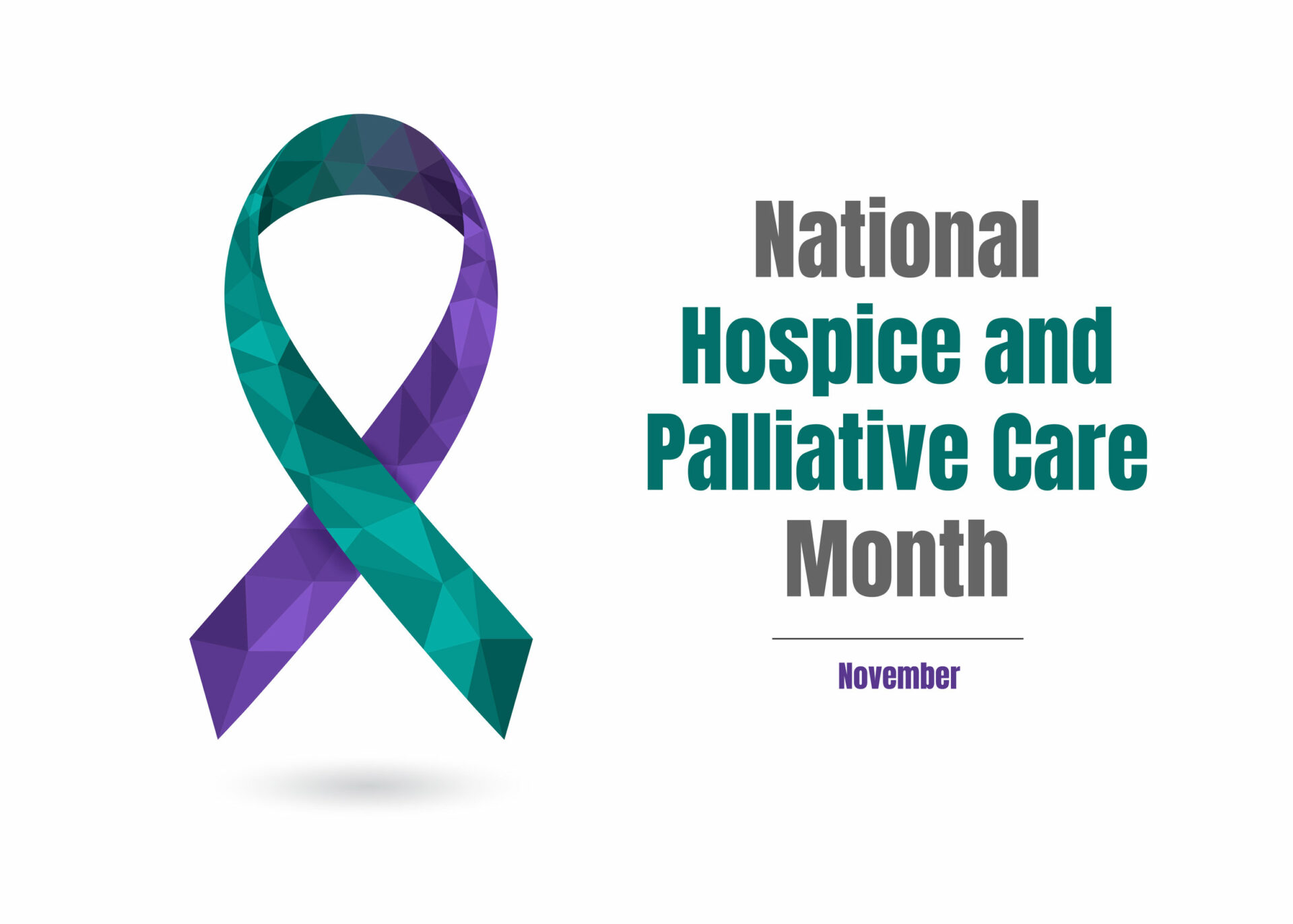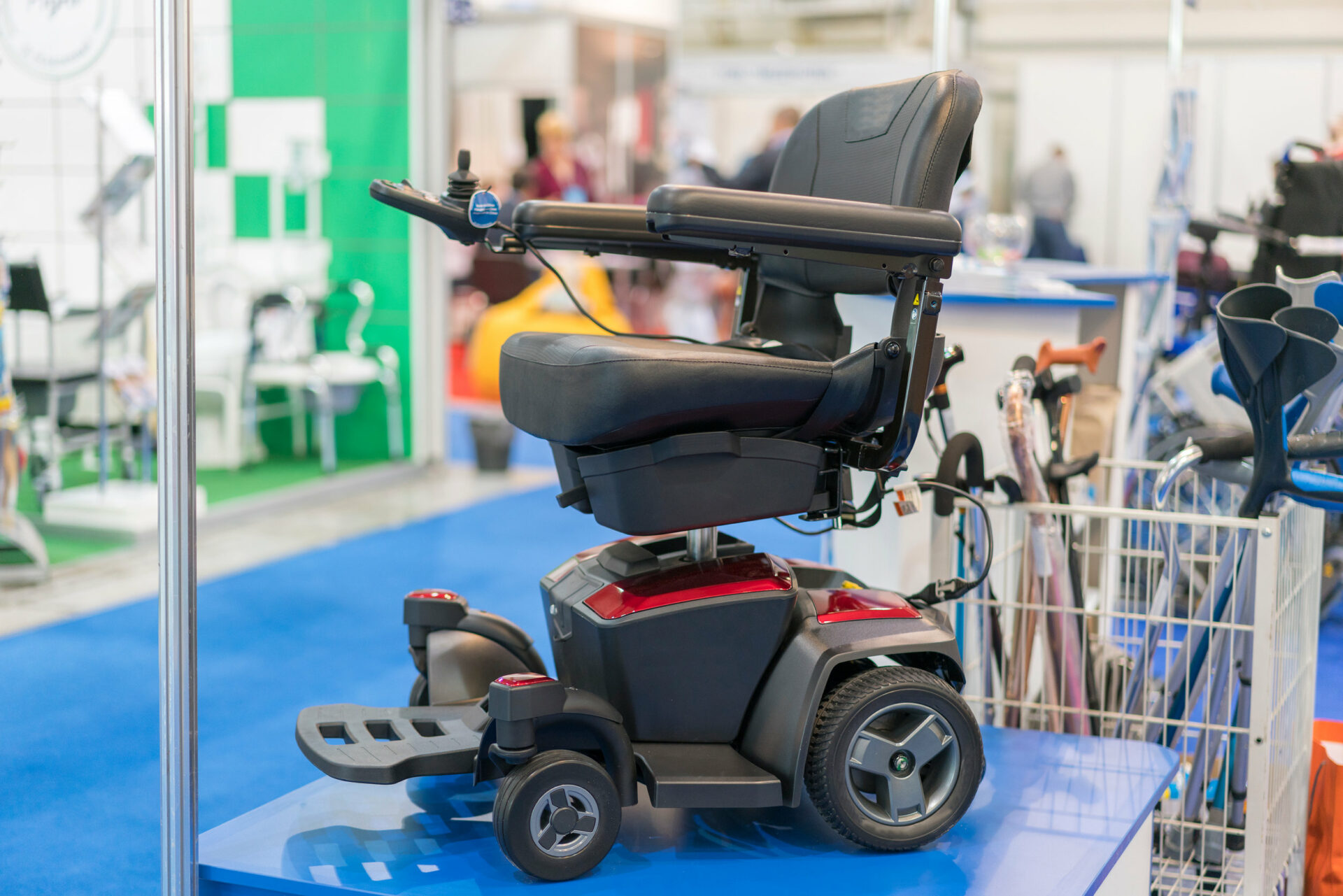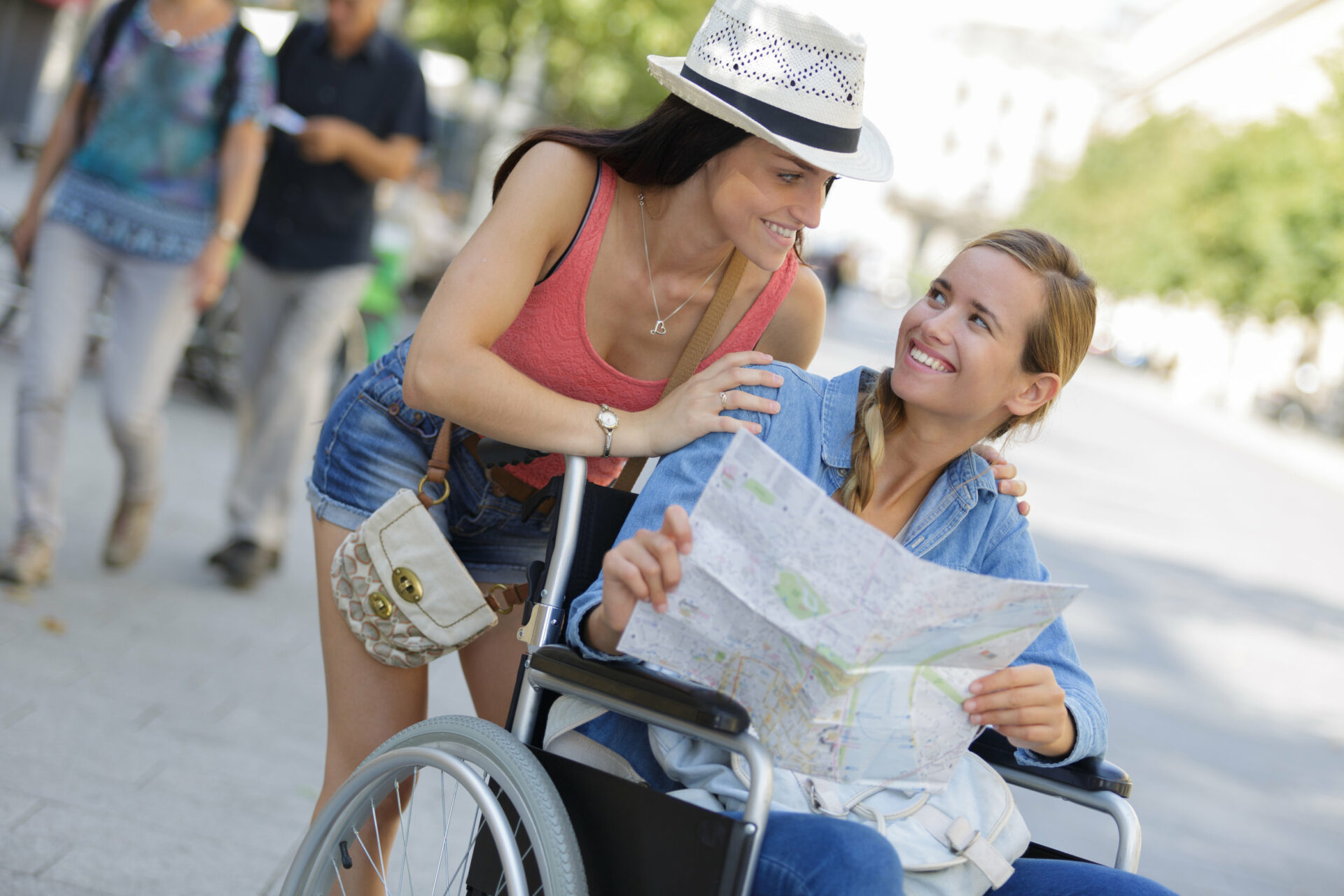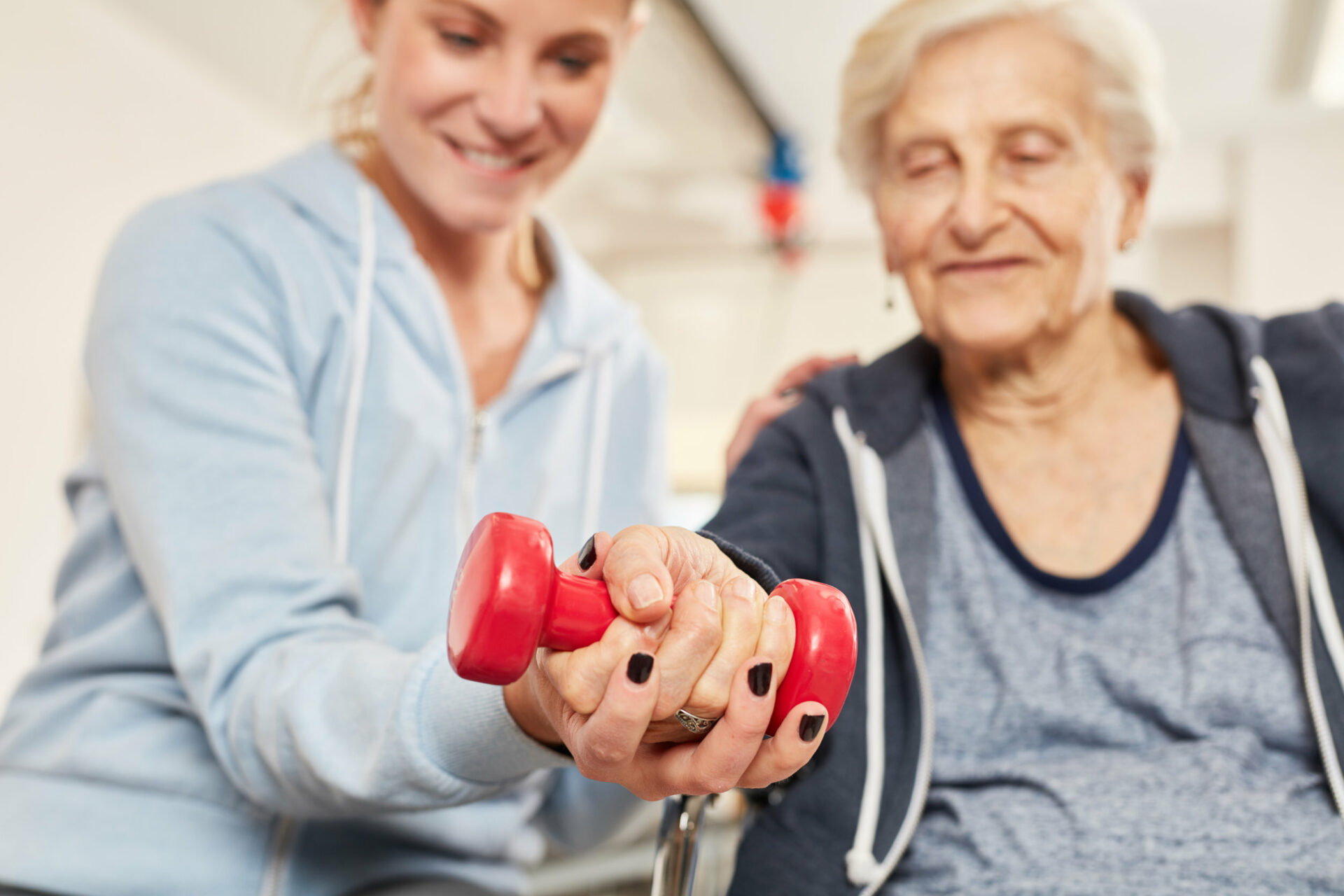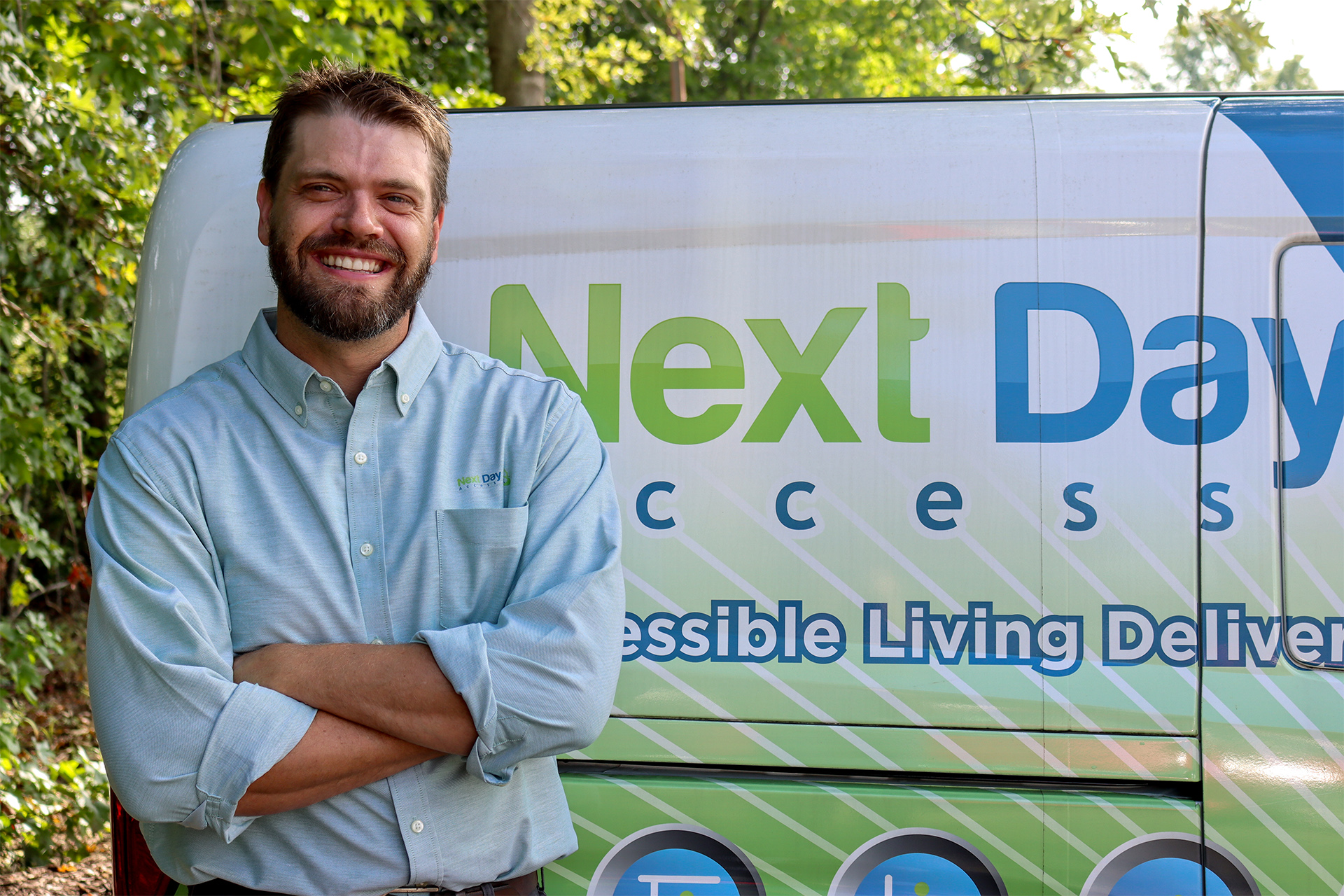One in four seniors fall each year, and out of every five falls, one results in serious injuries, such as broken bones or brain injuries. The statistics are scary, but falls can be prevented with the right equipment installed throughout the home.
The CDC recommends installing grab bars in every bathroom of a home with loved ones choosing to age in place. They are often placed next to the toilet, sink, and inside and outside the tub or shower. Because bathroom floors can become slippery, by holding on to the bar, it can create a safer space. However, grab bars are not only installed in bathrooms but other places throughout the home.
What is a Grab Bar?
It’s graspable bar installed on the wall that helps maintain balance and lessen fatigue while standing. They help prevent injury for aging loved ones, people with a temporary or permanent injury, and others.
Where to Install Grab Bars?
As we mentioned, grab bars are essential for bathrooms, but it is also helpful to have them installed throughout your home. These days you do not have to worry about giving up style. You can find sleek, stylish designs that blend in with your home. Wherever you are wanting a grab bar, contact an accessibility expert to safely do the job.
How to Choose the Right Grab Bars?
When you are choosing grab bars for your loved one’s home, there are various design options, including:
- Straight are usually installed horizontally but can also be vertically or diagonally.
- Folding can be folded away to provide extra space when not in use.
- Ceiling to floor is tension mounted and makes it easier to stand from your toilet, bed, or couch.
It is not always easy deciding which grab bars will best accommodate you or your loved one. That’s why at Next Day Access, we offer free in-home consultations for our customers. With our evaluations, we can help you understand which solution will benefit you the most. We also offer installations from our accessibility technicians. Contact us to learn more about our free in-home safety consultations.
Source: https://www.cdc.gov/homeandrecreationalsafety/falls/adultfalls.html





